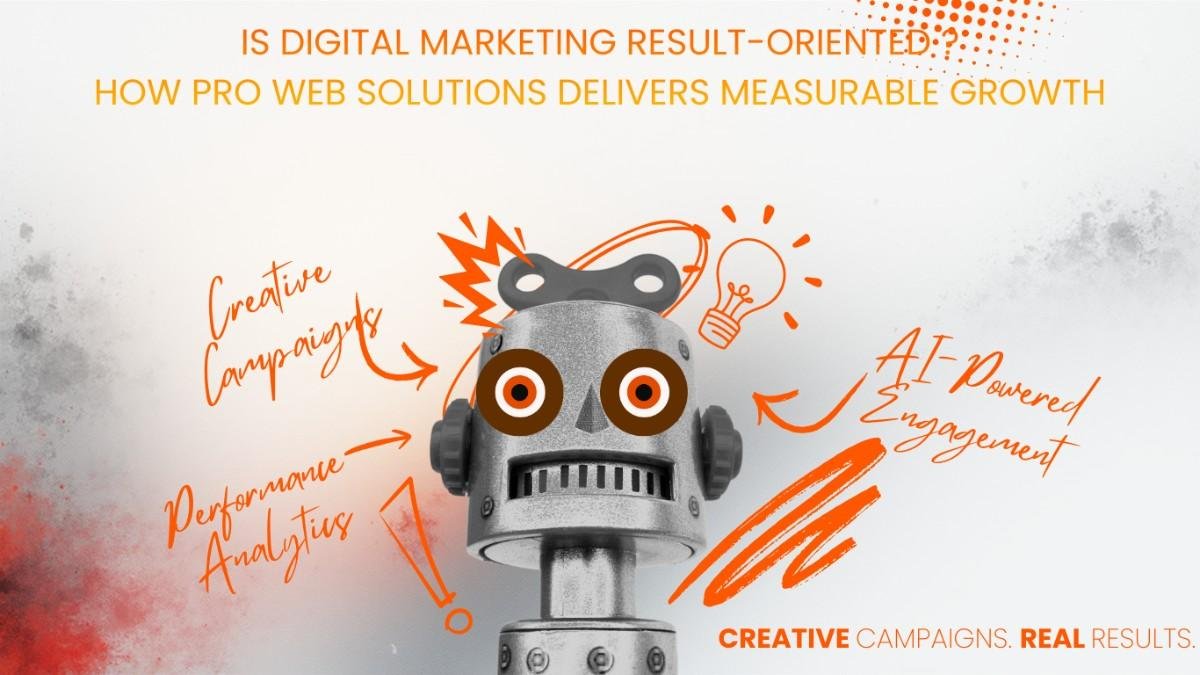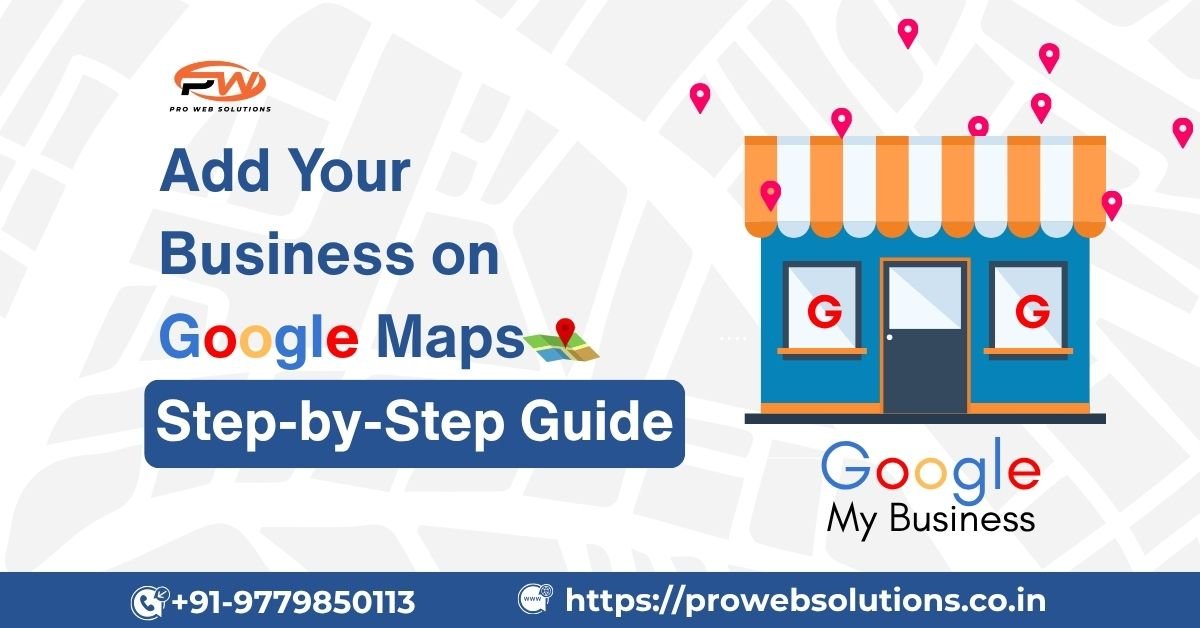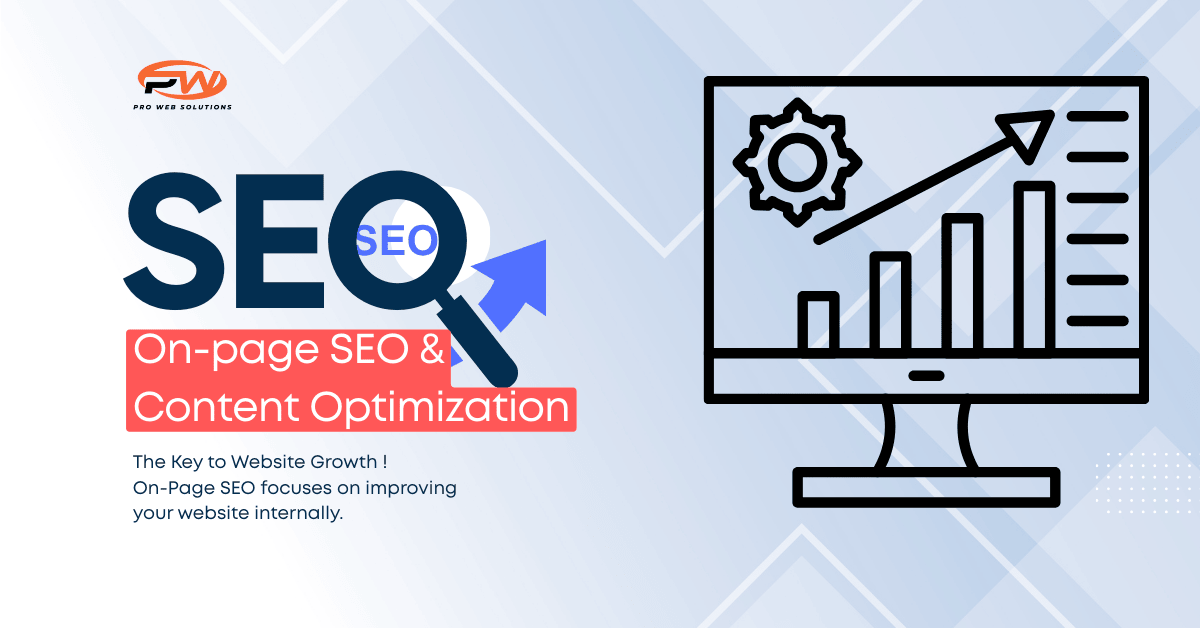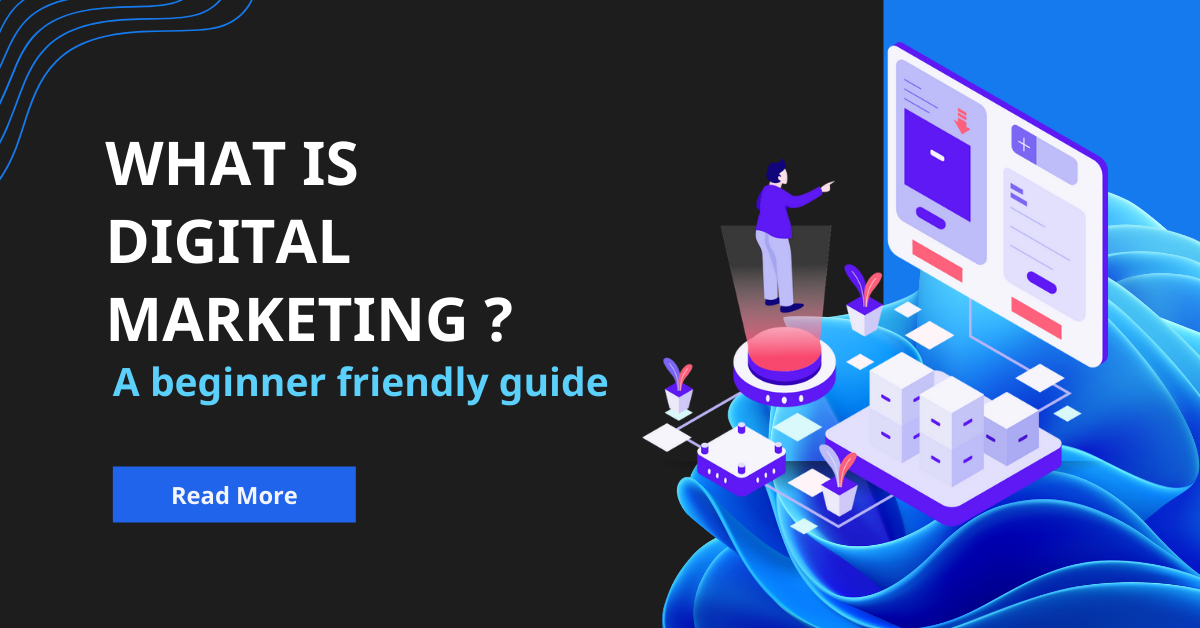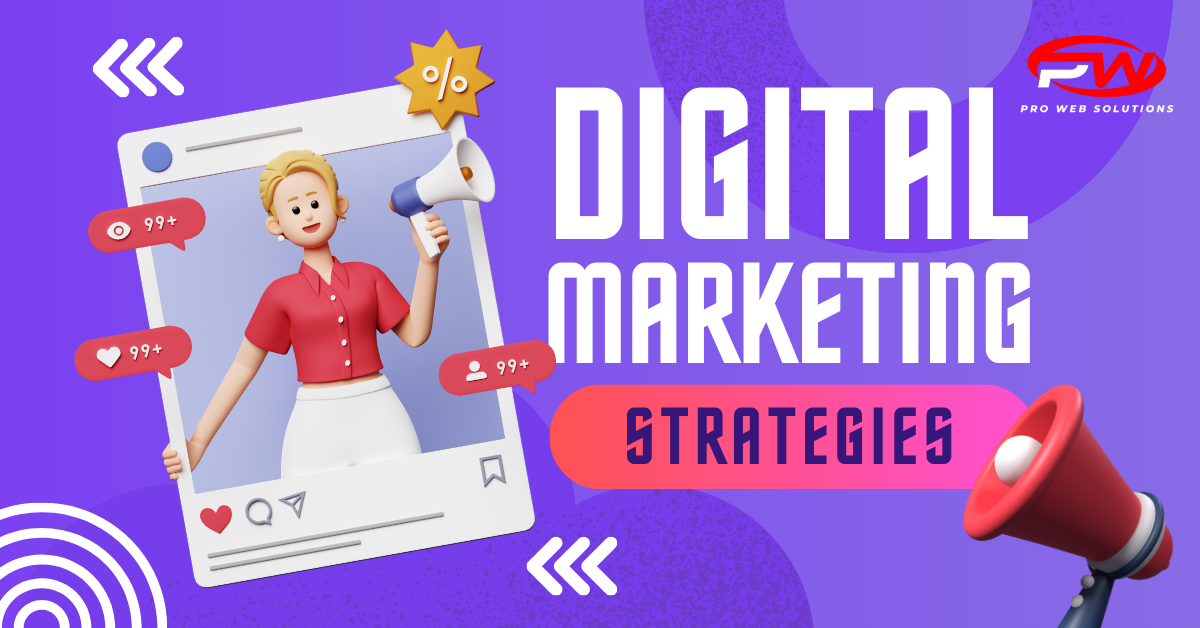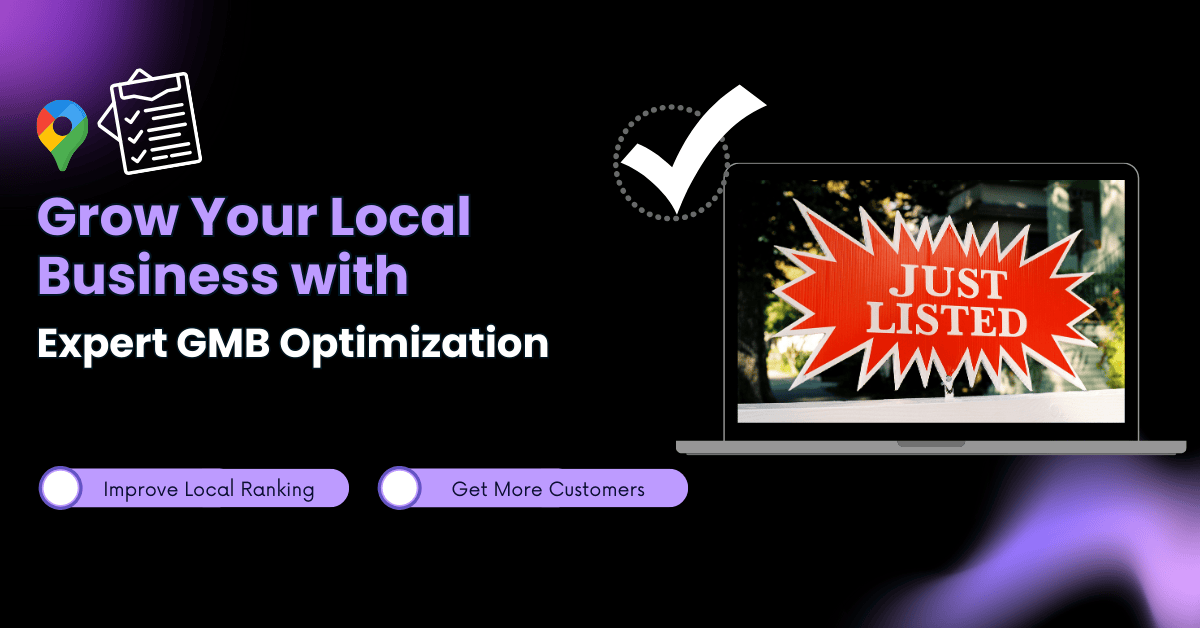Introduction to E-commerce Website Standards
In today’s digital era, a visually appealing online store isn’t enough. To thrive in the competitive e-commerce world, your website must be built not just to look good, but to sell effectively. Whether you’re launching a new online store or upgrading your existing one, knowing which features can make or break your success is crucial. Let’s explore the must-have features every successful e-commerce website should have.
1. Mobile-Friendly Design
Over 70% of users shop on their smartphones. If your website isn’t responsive across all screen sizes, you’re losing potential customers. A mobile-friendly e-commerce design ensures a seamless experience, faster loading, and easy navigation—essential for converting mobile traffic into buyers.
Pro Tip: Use mobile-first design, large CTA buttons, and test on various devices.
2. Secure Payment Gateways
Security is non-negotiable when dealing with customer data and transactions. Offering SSL encryption, multiple secure payment options (credit cards, UPI, PayPal, wallets), and visibly displaying trust badges build confidence and reduce cart abandonment.
Pro Tip: Integrate trusted gateways like Razorpay, Stripe, or PayPal with fraud detection.
3. High-Quality Product Images & Descriptions
Your product page is your digital shelf. Crisp, high-resolution images with zoom-in options and well-written product descriptions boost customer trust and conversion rates. Explain features, benefits, size, material, and usage in simple language.
Pro Tip: Add videos or 360° product views for an immersive shopping experience.
4. Easy Navigation and Search Filters
No one likes getting lost in a cluttered store. Your website should feature clear categories, breadcrumb navigation, and search filters based on size, color, price, and more to help users find products quickly.
Pro Tip: Implement autocomplete suggestions and smart search to improve product discovery.
5. Customer Reviews and Testimonials
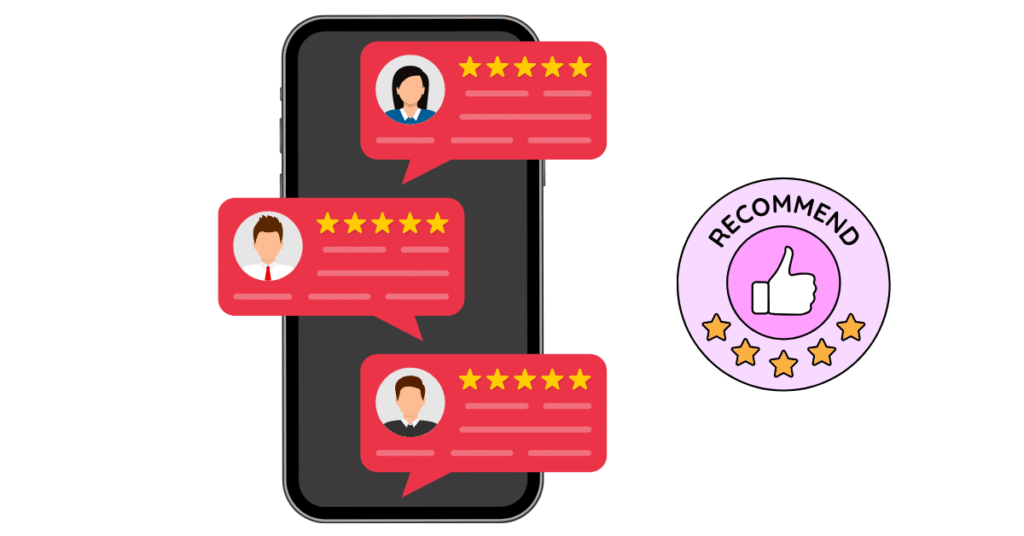
Social proof matters. Real customer reviews and ratings can increase conversions by over 60%. Let customers post reviews, and highlight best-rated products or verified buyer feedback.
Pro Tip: Use plugins or integrations to automate review requests after purchase.
6. Fast Checkout Process
The fewer steps between adding to cart and payment, the better. A guest checkout option, auto-fill forms, and progress indicators can drastically reduce cart abandonment rates.
Pro Tip: Add a one-click buy option for returning users.
7. SEO Optimization for Products
If your products don’t appear in search engine results, they won’t sell. Use product-based keywords, SEO-friendly URLs, optimized meta tags, alt text for images, and schema markup to improve visibility.
Pro Tip: Use tools like Rank Math or Yoast to optimize on-page SEO easily.
8. Live Chat and Support Integration
Customer queries need instant solutions. Integrating live chat support or chatbots builds trust and can help boost sales by answering product or delivery questions in real-time.
Pro Tip: Use tools like Tidio, Crisp, or WhatsApp chat integration for better support.
9. Analytics and Tracking Tools
You can’t improve what you don’t measure. Use Google Analytics, Facebook Pixel, and Heatmaps to track visitor behavior, product performance, and conversion rates.
Pro Tip: Create weekly reports to analyze trends and optimize accordingly.
10. Wishlist and Save for Later Options
Not every customer is ready to buy now. A wishlist lets users save products and come back later, increasing return visits and conversion opportunities.
Pro Tip: Send email reminders about saved or out-of-stock items.
Conclusion: Build for Trust, Speed & Sales
The difference between a basic online store and a successful e-commerce website lies in these key features. By focusing on user experience, performance, security, and trust, you set your business up for long-term success.
Whether you’re building your store from scratch or revamping an old one, use this checklist to ensure your site is designed to attract, engage, and convert.
If you need help designing or optimizing your e-commerce website with these best practices,
Contact Pro Web Solutions today for expert assistance.


